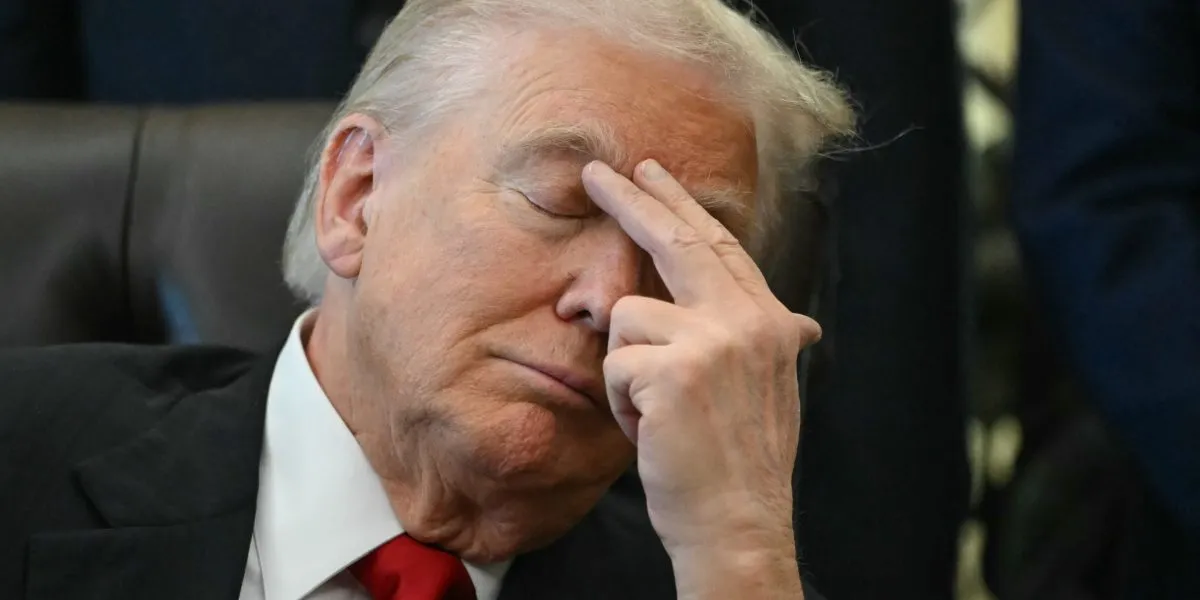
In a recent interview with Fox News’ Laura Ingraham, former President Donald Trump expressed his concerns regarding the impact of bringing in foreign workers on U.S. wages. Trump emphasized that he continues to believe that the influx of foreign labor could hinder wage increases for American employees. However, he also acknowledged a significant gap in the skills of the American workforce. “You don’t have certain talents, and people have to learn,” Trump stated. He elaborated that the process of training individuals from the unemployment line to take on complex jobs, such as manufacturing missiles, is not a viable solution.
In September, the Biden administration imposed a substantial $100,000 one-time fee on H-1B visas, which are designed for high-skilled workers, particularly in the tech sector. This move has drawn criticism from industry experts, including Y Combinator CEO Gary Tan, who warned that this fee could significantly disadvantage startups and smaller businesses that cannot easily absorb such costs. A study conducted by the National Bureau of Economic Research in 2020 found that startups with higher H-1B visa rates were more successful in achieving initial public offerings (IPOs), securing funding, and obtaining patents.
In the fiscal year 2024, nearly 400,000 H-1B visas were approved, doubling the number from fiscal 2020. High-profile figures in the tech industry, including Elon Musk, have previously advocated for H-1B visas without the hefty fee, arguing that these visas are crucial for attracting the best talent to American companies. When Trump signed the proclamation to increase H-1B fees, Commerce Secretary Howard Lutnick argued that the current visa distribution model was not economically efficient, suggesting that the focus should be on training American workers.
Economists have expressed concerns that the Trump administration's strict immigration policies could lead to negative net migration, adversely affecting the U.S. labor force and diminishing American spending power. A recent study by the National Foundation for American Policy warned that Trump’s immigration policies could reduce the U.S. workforce by approximately 15.7 million over the next decade, leading to a one-third decrease in GDP growth. The White House has not yet responded to inquiries regarding these claims.
During his interview, Trump also reflected on the ICE raids that occurred at a Hyundai manufacturing plant in Georgia, where 475 workers, predominantly from South Korea, were detained. These raids were part of a broader initiative supported by Trump's “One Big Beautiful Bill,” which allocated $30 billion for immigration enforcement. Trump noted that the raids had unintended consequences, delaying the factory's opening by two to three months, as stated by Hyundai CEO José Muñoz.
Following the raids, Trump reiterated his concerns about the potential repercussions of such actions on foreign workers with specialized skills. He pointed out that the South Korean workers had advanced experience in manufacturing batteries for electric vehicles, an intricate and hazardous process. “You know, making batteries is very complicated. It’s not an easy thing. Very dangerous, a lot of explosions, a lot of problems,” Trump explained. He stressed the importance of retaining skilled workers, stating that their departure could hinder the future of U.S. manufacturing.
As discussions about immigration and workforce development continue, the implications of these policies on the American economy remain a crucial topic for policymakers and industry leaders alike.